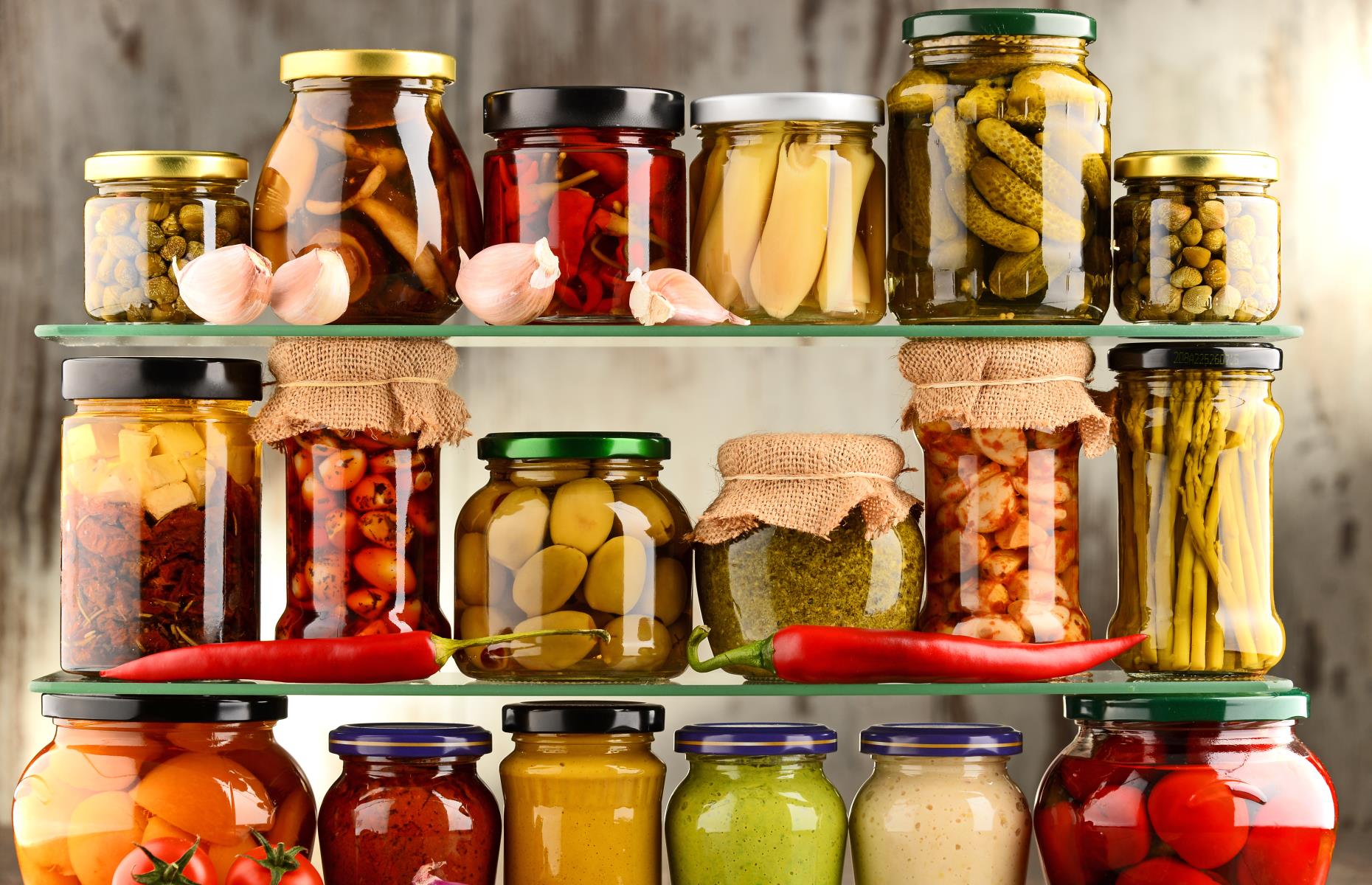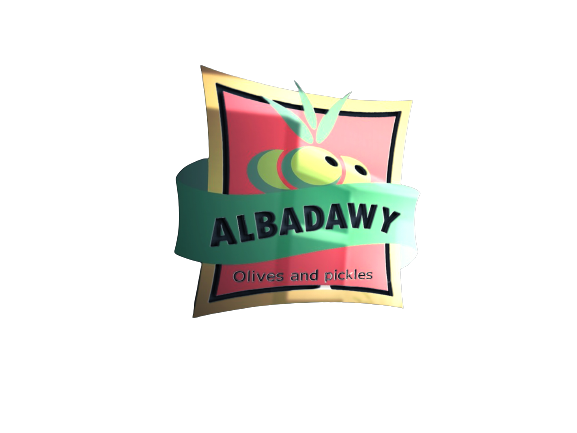Beautiful Plants For Your Interior
About Us
![]() AlBadawy Factory for Olives, Pickles, Import, and Export: It is one of the leading companies in the production, manufacturing, and export of olives and other pickled products.
AlBadawy Factory for Olives, Pickles, Import, and Export: It is one of the leading companies in the production, manufacturing, and export of olives and other pickled products.
![]() AlBaddawy Factory for Olives, Pickles, Import, and Export: It was established in 2004 in the village of Al-Zankloun, affiliated with Al-Zaqaziq city in the Sharqia Governorate of Egypt, located 60 kilometers away from Cairo.
AlBaddawy Factory for Olives, Pickles, Import, and Export: It was established in 2004 in the village of Al-Zankloun, affiliated with Al-Zaqaziq city in the Sharqia Governorate of Egypt, located 60 kilometers away from Cairo.
![]() AlBadawy Factory for Olives, Pickles, Import, and Export: It adheres to high international standards throughout all stages of production to ensure the quality and safety of the product. This commitment enables us to compete in both local and international markets and meet the requirements of our customers while achieving maximum consumer satisfaction.
AlBadawy Factory for Olives, Pickles, Import, and Export: It adheres to high international standards throughout all stages of production to ensure the quality and safety of the product. This commitment enables us to compete in both local and international markets and meet the requirements of our customers while achieving maximum consumer satisfaction.
![]() AlBadawy Factory for Olives, Pickles, Import, and Export: It is one of the largest exporters of olives and other pickled products to many Arab, African, European, Asian, and American countries.
AlBadawy Factory for Olives, Pickles, Import, and Export: It is one of the largest exporters of olives and other pickled products to many Arab, African, European, Asian, and American countries.
![]() AlBadawy Factory for Olives, Pickles, Import, and Export adopts a range of modern scientific techniques in management and production by implementing quality systems. It has obtained local and international quality certifications, such as Egyptian quality certificates.(EQC)
AlBadawy Factory for Olives, Pickles, Import, and Export adopts a range of modern scientific techniques in management and production by implementing quality systems. It has obtained local and international quality certifications, such as Egyptian quality certificates.(EQC)
* ISO 22000 * ISO 18001 * ISO 9001

We are one of the leading manufacturers of pickles, and we have achieved wide-scale success with the ability to compete in this field. We offer a wide range of pickle products suitable for different segments, as our factory is listed on the National Food Safety Authority’s White List and holds the ISO 22000/2005 certification for food quality.
We welcome all customers within Egypt and abroad. We provide you with the finest varieties of pickles and our products are of the highest quality.
Do you know why ‘Egyptian Pickles’ products are listed on the White List of the Food Safety Authority? Before answering that question, it’s important to know that the Food Safety Authority is a national body aimed at ensuring food safety requirements to safeguard human health and well-being through the unified efforts of over 17 regulatory agencies.
Let’s take a look at the requirements set by the authority to include you in the White List. Among the key provisions set by the authority is the requirement for employees to wear appropriate and clean uniforms, gloves for hands, dedicated footwear, and head protection. They should not wear any jewelry or accessories while handling food. Employees should also be aware of any health conditions that require reporting to the authorities and exclude those affected from handling food. Additionally, there should be a medical clinic with a resident doctor conducting medical examinations prior to employment for production line workers, providing them with a valid health certificate, and conducting periodic medical tests to detect foodborne diseases.
Furthermore, the authority also requires that the facility be located far from pollution sources, and that its external areas be covered with concrete, with production halls independent from services to ensure product safety. The floors should be smooth, highly durable, easy to clean, and slip-resistant, free from cracks and gaps, with a certain level of slope that allows water to flow towards drains. The corners where the floors meet the walls should be inclined, and the drain covers should be tightly closed and easy to clean, effectively disposing of water. The ceilings and walls should be smooth and free from cracks, and the doors should be smooth, self-closing, and made of non-corrosive material.
Moreover, the restrooms should be equipped with hand washbasins, liquid soap, paper towels or air dryers. The hand washbasins should have hot and cold water, and there should be foot-operated garbage bins. Additionally, there should be air curtains or plastic curtains on the doors and entrances.


The authority also requires the necessity of contracting with accredited specialized companies in pest control or implementing an effective internal program using approved chemicals. Regular inspections are necessary to ensure the safety of water, along with contracting with specialized companies for the cleaning and disinfection of water tanks.
Moreover, it is crucial that the received raw materials come from registered suppliers with the National Food Safety Authority. Non-compliant products should be withdrawn and recalled from distributors and markets. Additionally, manufacturing equipment should be equipped with calibrated meters to measure and monitor temperatures. All critical control points should be monitored and controlled to ensure their effectiveness according to the HACCP plan. Adequate measures should also be in place to control and detect physical hazards and other requirements.
Behind every jar of pickles that leaves Al Badawi Olive, Pickles, Import, and Export Factory, there is a great story and a significant effort. Our team works with the highest quality standards to provide you with a healthy and safe product.
Egyptian Quality Certificates (EQC)
- ISO 9001
- ISO 18001
- ISO 22000
